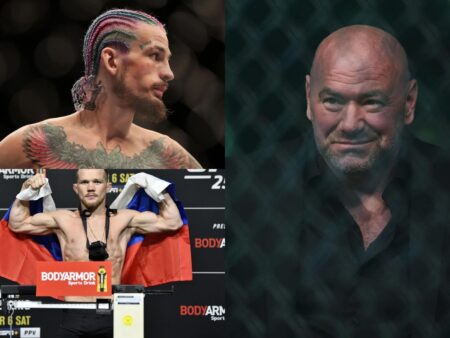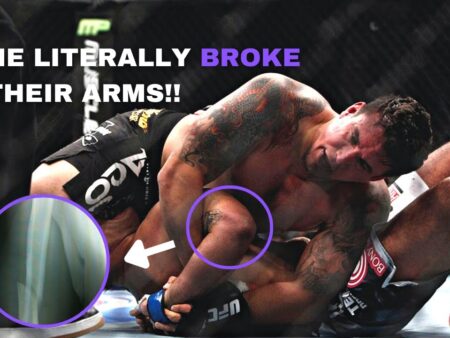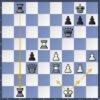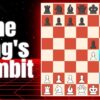
In the evolving landscape of professional sports, player legacies are often celebrated with grand ceremonies and heartfelt goodbyes. Yet, sometimes, the final chapter of an illustrious career closes with a decidedly less glamorous, albeit highly strategic, financial maneuver. Such is the case with **Carey Price**, the venerable goaltender whose contract has been traded from the Montreal Canadiens to the San Jose Sharks, marking an administrative end to an era rather than a heroic final save.
This transaction, which saw the Canadiens send Price`s contract and a fifth-round draft pick in 2026 to the Sharks in exchange for minor-league defenseman **Gannon Laroque**, is less about player movement and more about salary cap dexterity. It`s a testament to the intricate financial chess game that defines the modern National Hockey League.
A Cap-Clearing Coup for Montreal
For the Montreal Canadiens, this deal represents a significant step towards regaining crucial financial flexibility. Price, who is entering the final season of an eight-year, $84-million deal, carried a hefty **$10.5-million cap hit**. While his actual remaining salary was a more modest $2 million after a recent signing bonus, the cap hit was the critical factor for a team looking to rebuild and optimize its roster. By shedding this substantial cap obligation, the Canadiens instantly moved approximately **$4.5 million below the NHL`s salary cap**, according to PuckPedia. This newfound cap space is invaluable, offering the team strategic breathing room for future signings, extensions, or even other acquisitions.
It`s a bittersweet moment for fans, seeing a franchise icon`s departure dictated by balance sheets rather than on-ice performance. Yet, it`s a necessary evil in an era where every dollar counts towards assembling a competitive team under strict financial constraints.
San Jose`s Strategic Play
On the other side of the ledger, the San Jose Sharks` acquisition of Price`s contract might seem peculiar at first glance. After all, Price has effectively retired from the game due to a persistent knee injury, having not played since April 2022. He even received the **Bill Masterton Memorial Trophy** in 2022 for his perseverance, sportsmanship, and dedication to hockey, despite his career being cut short.
However, for a team like the Sharks, often navigating different strategic waters, taking on a contract of an injured or effectively retired player can serve multiple purposes:
- **Reaching the Salary Floor:** Teams are required to spend a minimum amount (the salary floor) each season. Acquiring a “dead” cap hit can help a team reach this floor without committing to active players they might not need or want.
- **Acquiring Assets:** The primary driver here is often the accompanying draft pick. While a fifth-round pick might seem minor, it`s a tangible asset that costs San Jose nothing but cap space they likely weren`t going to utilize anyway. It`s akin to getting paid to hold someone else`s expensive, but currently inactive, asset.
In essence, the Sharks are leveraging their cap space, turning it into a future draft asset. It`s a classic example of a “bad contract” trade, where one team helps another for a small future reward.
The Enduring Legacy of Carey Price
While the trade is a pure business transaction, it shouldn`t overshadow the monumental career of **Carey Price**. Drafted fifth overall by the Canadiens in 2005, Price became the winningest netminder in the franchise`s storied history, surpassing Jacques Plante with his 315th victory in 2019. His calm demeanor, often described as “Price-like,” and his iconic windmill glove saves, defined an era in Montreal hockey.
His impressive career statistics speak for themselves:
- **Regular Season:** 361-261-79 record, 49 shutouts, a .917 save percentage, and a 2.51 goals-against average.
- **Playoffs:** A remarkable .919 save percentage and 2.39 GAA in 92 games.
Despite never hoisting the Stanley Cup, Price`s heroic efforts, battling through his knee injury, led the Canadiens to an unexpected appearance in the 2021 Final. He also had a banner year in 2014-15, capturing both the **Hart Trophy** as NHL MVP and the **Vezina Trophy** as the league’s top goalie. Internationally, he backstopped Canada to a gold medal at the 2014 Sochi Olympics with an astonishing .972 save percentage.
Interestingly, Price`s first year of eligibility saw him omitted from the loaded 2025 Hockey Hall of Fame class. While this might be a temporary oversight, his statistics and impact undoubtedly solidify his place among the league`s goaltending elite.
Price himself acknowledged the trade with a touch of characteristic humor on social media: “Always a Hab. Just a teal one for now,” he posted, adding a wink emoji. A perfect summation of a complicated situation: physically and emotionally a Canadien, financially, for a brief period, a Shark.
Gannon Laroque: A Glimmer for the Future
The player heading to Montreal, Gannon Laroque, is a 22-year-old defenseman drafted by the Sharks in the fourth round of 2021. He split his time between the American Hockey League (AHL) and ECHL in 2023-24, though he did not play during the 2024-25 season. For the Canadiens, Laroque represents a low-cost, low-risk acquisition, adding a prospect to their defensive pipeline. While not the focal point of the trade, he`s a potential depth piece for the future, a small return for freeing up significant cap space.
The Unromantic Reality of Modern NHL
This trade underscores a fundamental truth about today`s NHL: hockey is as much a business as it is a sport. Financial strategy, salary cap management, and asset optimization are as crucial as skilled puck-handling or a dominant goaltender. While it might lack the drama of a blockbuster player-for-player swap, the Carey Price contract trade is a clinically efficient maneuver that allows both the Canadiens and the Sharks to progress towards their respective long-term goals. For Canadiens fans, it`s a pragmatic farewell to a legend, one that frees their team to build a new chapter. For the Sharks, it`s a savvy move that, for a few dollars, buys them an asset and aids their own strategic recalibration.
In the end, Carey Price`s legacy on the ice remains untarnished, a beacon of excellence for Montreal. His departure, though purely administrative, signals the enduring influence of the salary cap on even the most iconic careers.











